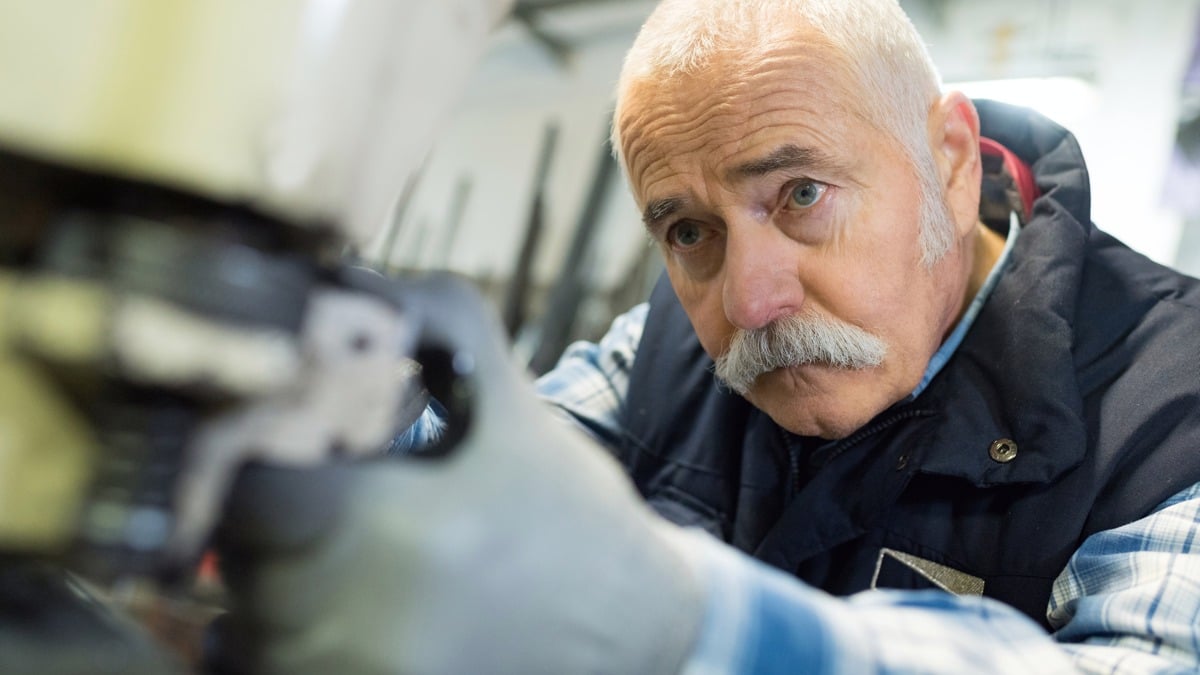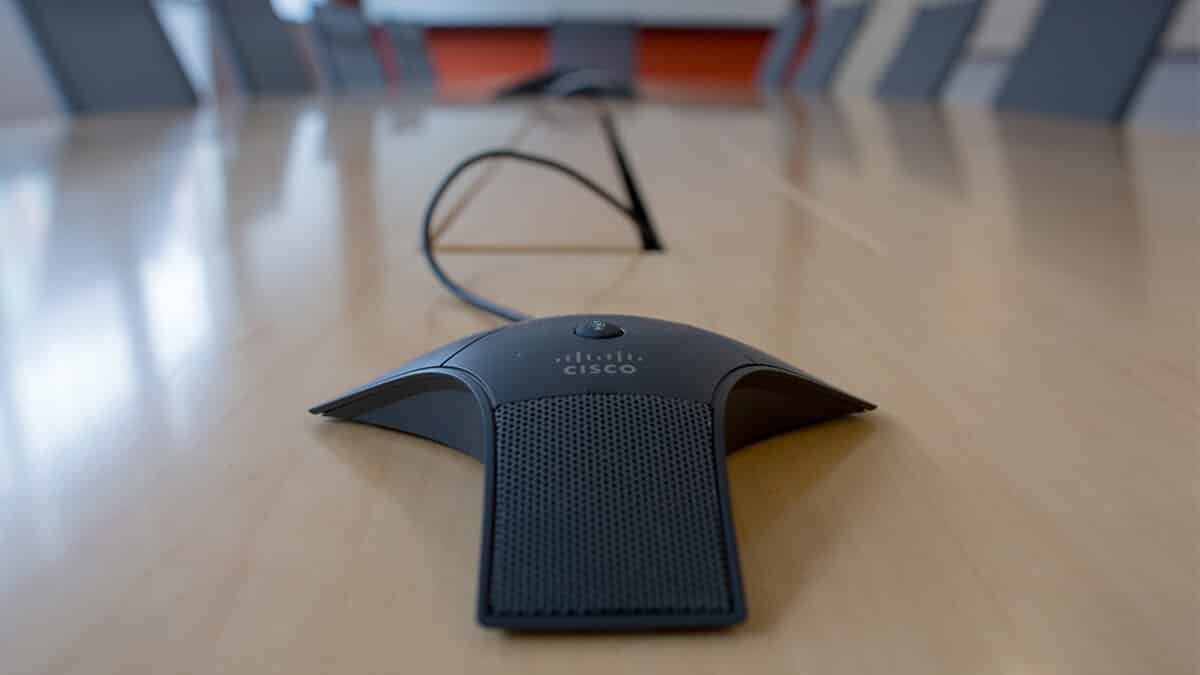Whether by choice or necessity, more Australians are embracing working for longer. Yet there are obstacles to overcome when you’re looking for work in your 50s and beyond.
While stereotypes of older workers being out of touch persist, research shows a growing number of over 50s are ahead of the game when it comes to being tech savvy and keeping up with the latest trends.





